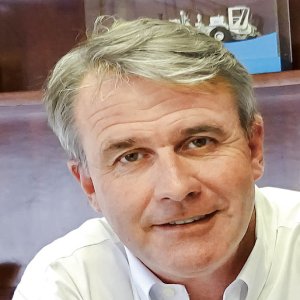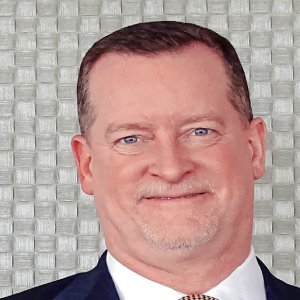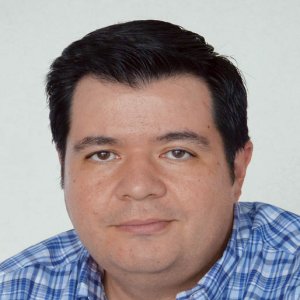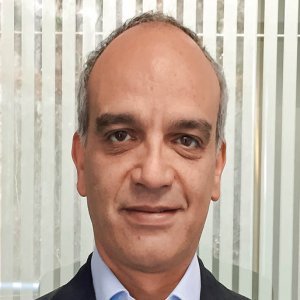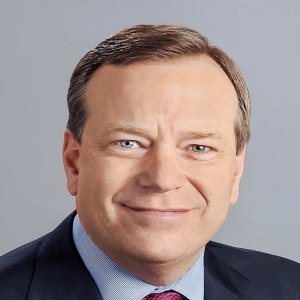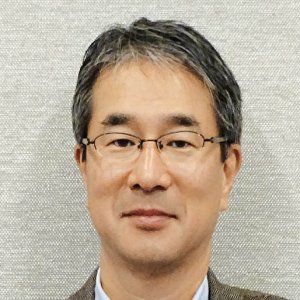Energy Reform Puts Pipeline Inspection at the Center Stage

STORY INLINE POST
Q: How are ROSEN’s companies interlinked, and in which area does each one specialize?
A: The ROSEN Group is a truly global company, as we work and are represented in more than 150 countries. ROSEN Mexico is responsible for both Mexico and Central America, where we have invested in a strong and growing local presence, and long-term partnerships in Mexico. Together with COBSA and RAM-100, we form a strong alliance that allows us to provide integrated products and services over the entire lifecycle of a given asset, mainly pipelines, but also storage tanks and ships, among others. Although these companies are essentially independent, we all form part of a solid team that reinforces each other’s position in the market. ROSEN is involved in the inspection and integrity management systems, and associated products and services. COBSA specializes in the rehabilitation and repair of pipelines, while RAM-100 provides the materials for pipeline repairs.
Rather than having merged with COBSA or RAM-100, we decided to form a strong alliance in order to provide high-quality products and services in the Mexican market. One of the reasons for this is that ROSEN’s ethos is based on our independence as a company, which has been an important aspect in our strategy over the last 30 years. This entails independence from customers, suppliers, and financial institutions. In addition to giving us more access to innovation, we feel that our previous experience as an independent company has served us well, and we want to continue with this model in the future. Although we are always looking for partners and strategic alliances, depending on challenges we face in a given market or industry, we also highly value our independence and our long-term, innovative, and technology-driven approach.
Q: As a company that carries out inspection and integrity management, what are some of the common problems you encounter in Mexico?
A: With pipelines, there is always a combination of issues rather than a single specific one. Sometimes it can be the structural integrity of the pipeline, while in other cases it can be external or environmental conditions, which is extremely common in Mexico. In addition to the technical inspection, there must also be a thorough evaluation of operating conditions, logistical challenges, customer collaboration, and partnerships. We have the necessary equipment to carry out the inspection, but it is critical that these other factors also be taken into account. We have around 150 local employees with a breadth of experience in the industry, and we know our customers, meaning we are well aware of negotiating practices in the country’s business environment. Therefore, we offer the best of both worlds by combining global-scale technology with local knowledge and expertise.
Q: Now that the government is pushing to increase production, what kind of opportunities does this present for ROSEN?
A: Lately, we have seen a pronounced increase in the inspection of pipelines. We believe that, as a result of the Energy Reform, this activity has become a far more important requirement in Mexico. In terms of the government’s objectives, and those of PEMEX, the reliability of the existing legacy network is also a priority, both for gas and refining. Now, with PEMEX’s requirement to become more competitive and the entrance of new private companies, I believe the importance of this factor will increase. We are seeing better planned management in the industry, partly due to the objectives stated in the Energy Reform aimed at pushing PEMEX to compete, not only at the national level but also at the international one. This trend offers promising opportunities for ROSEN, as it means that we will become involved in the process much earlier in the asset life cycle, and we can help our customers implement more effective and proactive inspections, integrity management, and preventive maintenance than the ones we can provide toward the end of an asset’s life cycle, representing long-term benefits for the customer.
Q: Now that Mexico has an open market and new regulators, what kinds of clients will you be looking to work with?
A: We always look at the market in terms of three actors: the owner or operator of the pipeline, the regulators, and the solutions providers, including companies like ROSEN The industry’s potential can be expanded if these three stakeholders collaborate. In Mexico, we are specifically trying to align ourselves with the market regulator and, although this strategy has been successful around the world, it has been especially challenging in this country. In our view, working with both the regulators and the owneroperators is the only way to ensure that our work yields the most value over the long term. In the future, I foresee this becoming a much more significant part of our approach
The role of the regulator in Mexico was considerably different in the past, and I believe that the industry will evolve in such a direction that the regulator will also become a stakeholder. Not only is the owner-operator interested in the long-term integrity of a particular asset now, but so is the regulator. Even though the regulator is experienced, it is facing an entirely new arena, so the role of the stakeholders is also changing. Moreover, the role of ROSEN is evolving, as we must play our part in providing long-term solutions and attempting to anticipate potential challenges ten years in advance. Our short-term goals are to seek further growth and diversify as a group, both internationally and in Mexico, until we reach a stage in which we feel comfortable with our position and the solutions we can provide. In the medium term, we will focus on coming up with new and improved technologies and solutions to address our customers’ specific needs and challenges. Lastly, our long-term objective is to help our customers to create sustainable value.
Q: On which kinds of projects has ROSEN worked in Mexico, and can you provide an example of your collaborations with PEMEX?
A: One of the reasons we attended the Logistics for Hydrocarbons, Oil, and Petrochemicals Congress (LHPP 2015) is because we are focused on the inspection of loading lines, and we wanted to showcase the results of the inspection we carried out in Salina Cruz on a pipeline that was out of operation. This project was carried out in close collaboration with PEMEX and all of its internal stakeholders, while following our integrated model. The technology we used was only available through our international company, which led us to work closely with our engineers in Germany, the US, and Mexico. The pipeline was inoperative for three years, and after the inspection, it is now in production, transporting crude oil for PEMEX. Operationally, the project was extremely challenging as it is a subsea duct, located in a harsh environment, and we also had to take measures to minimize the impact on the population and the ecological system. This is an example of our collaboration with PEMEX whereby we implemented a novel system in Mexico and subsequently introduced it into other countries.
Q: Given the changing landscape, where would you like the company to be positioned within the Mexican market five years from now?
A: Companies like ROSEN are often viewed as suppliers in the market, so five years from now, I would like us to be seen as a stakeholder that works closely with operators and regulators, seeking long-term added-value solutions. From a business perspective, I see the company as the leading integrity partner characterized by a varied portfolio in Mexico and, in the near future, Central America.
ROSEN is a global company, but we are also a Mexican company, meaning working within the country is one of our long-term goals. Rather than focusing on individual projects, we are investing in Mexico as a whole, and one of the most important aspects for us in the country relates to our substantial investment in human capital. We are training and recruiting in Mexico, sourcing personnel from around the world. Besides our technology and tools, and our integrated approach, our employees are by far our most important asset, since they are at the core of our assertive mindset and the key to the success of the company as a whole. I can confidently claim that we have some of the most experienced people in our field.
